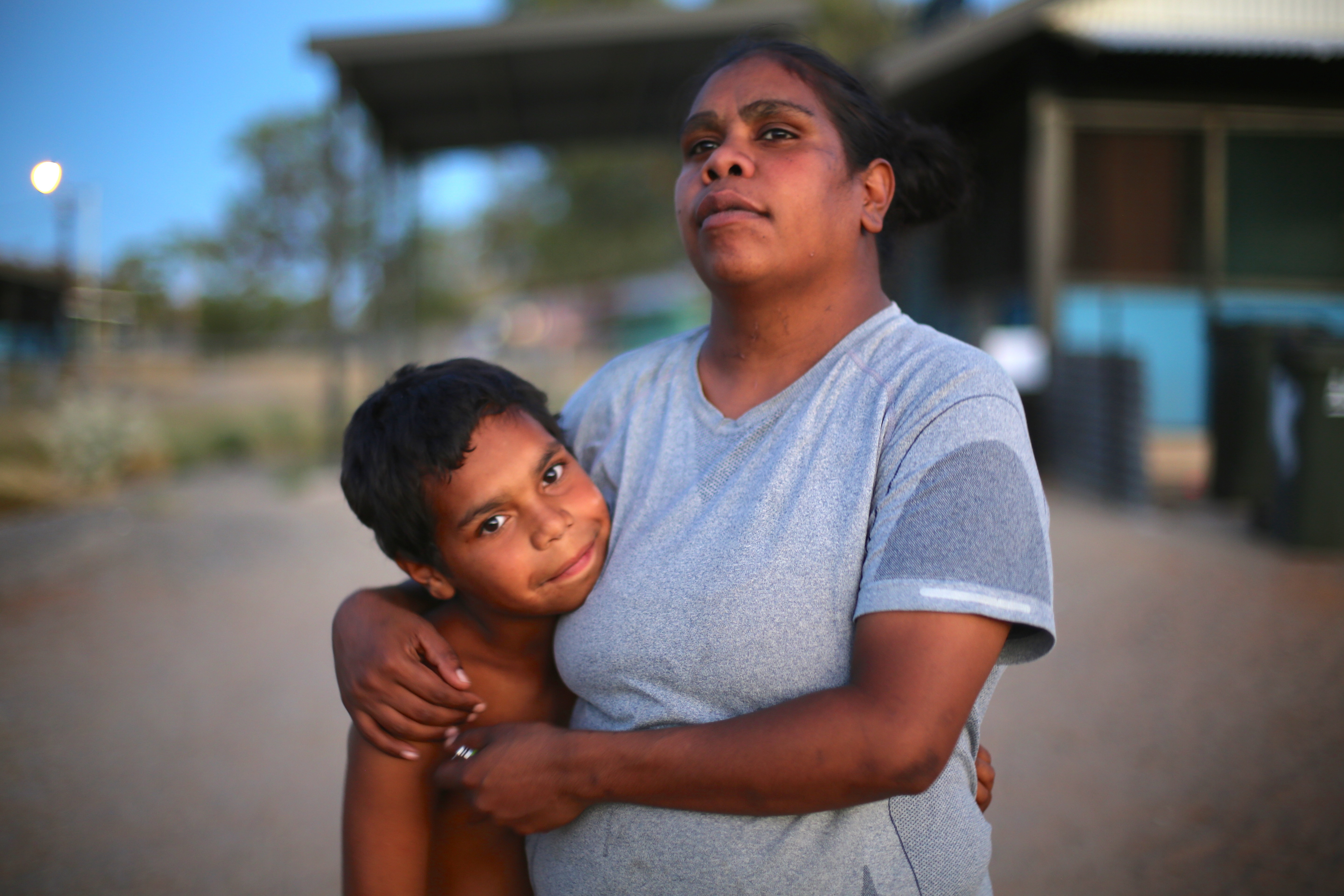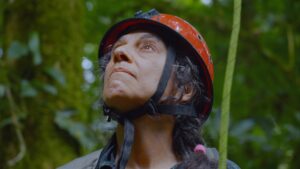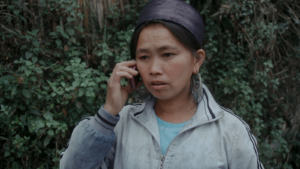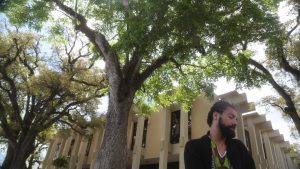
Film summary
Introduction
This guide is an invitation to dialogue. It is based on a belief in the power of human connection and designed for people who want to use In My Blood It Runs to engage family, friends, classmates, colleagues, and communities in conversation. In contrast to initiatives that foster debates in which participants try to convince others that they are right, this document envisions conversations undertaken in a spirit of openness in which people try to understand one another and expand their thinking by sharing viewpoints and listening actively.
The discussion prompts are intentionally crafted to help a wide range of audiences think more deeply about the issues in the film. Rather than attempting to address them all, choose one or two that best meet your needs and interests. And be sure to leave time to consider taking action. Planning next steps can help people leave the room feeling energized and optimistic, even in instances when conversations have been difficult.
 Between Earth & Sky Discussion Guide
Between Earth & Sky Discussion Guide  Children of the Mist Delver Deeper
Children of the Mist Delver Deeper  Brief Tender Light
Brief Tender Light  The Changing Same
The Changing Same